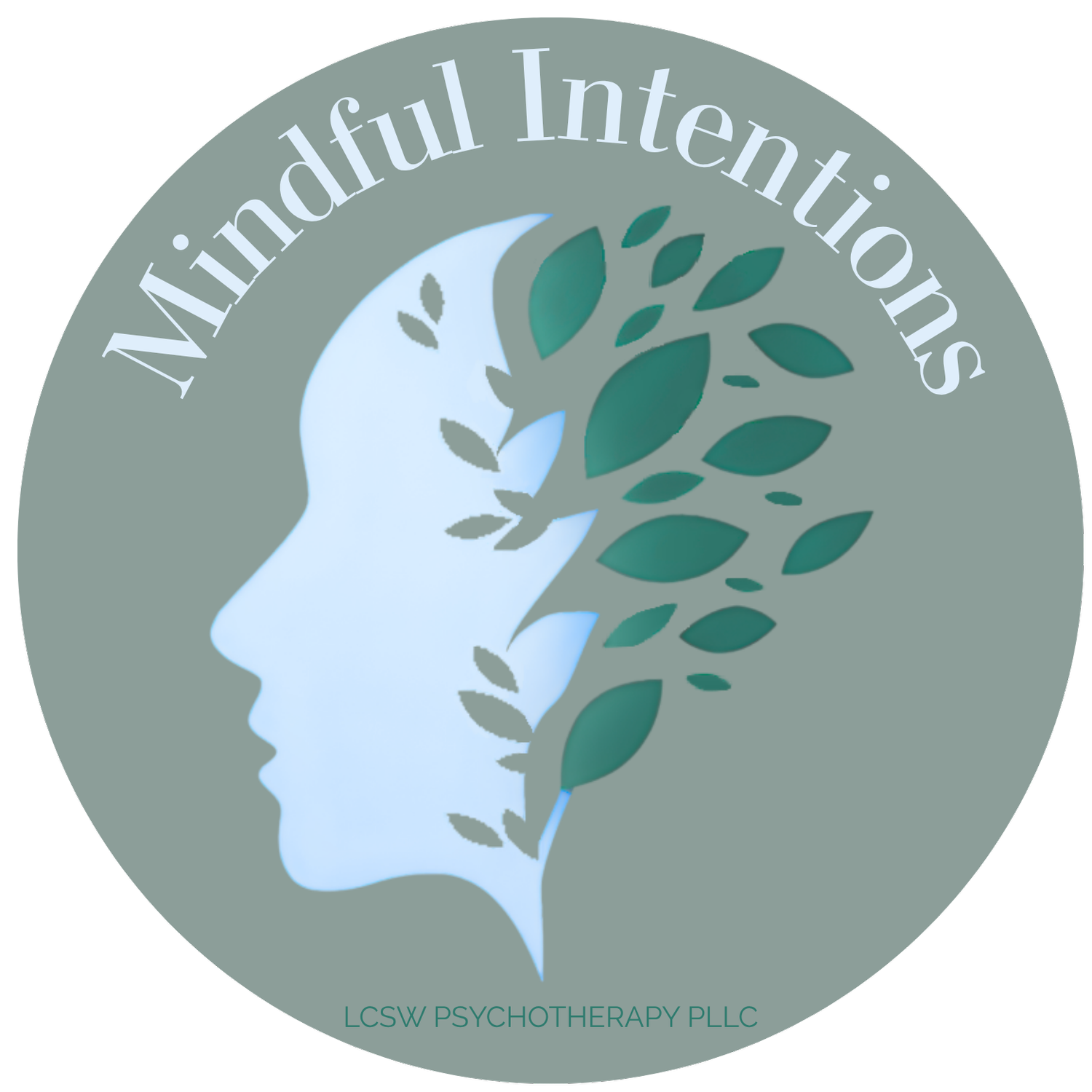Dialectical Behavior Therapy (DBT)
Dialectical Behavior Therapy, or DBT, is a structured, skills-based approach that helps people manage intense emotions, reduce impulsive behaviors, and improve relationships. It was originally developed for individuals struggling with chronic emotion dysregulation—such as those with borderline personality disorder, self-harm behaviors, or suicidality—but it’s now widely used for a variety of challenges including anxiety, depression, trauma, and relationship difficulties.
In DBT, the core idea is learning to hold two seemingly opposite truths at once—for example, “I’m doing the best I can” and “I can do better.” Therapy focuses on four key skill areas: mindfulness (learning to be present and observe emotions without judgment), distress tolerance (getting through crises without making things worse), emotion regulation (understanding and managing emotional reactions), and interpersonal effectiveness (communicating clearly and setting boundaries while preserving relationships).
In session, we work on applying these skills to real-life situations, building insight around emotional and behavioral patterns, and practicing new responses. DBT also places a strong emphasis on validation—acknowledging your pain and experience—while also encouraging growth and change. Depending on your needs, DBT may include individual therapy, skills group, phone coaching, or between-session support. The process can be challenging, especially if emotions feel overwhelming, but over time, clients typically gain more stability, control, and self-respect in how they navigate their internal world and relationships.
